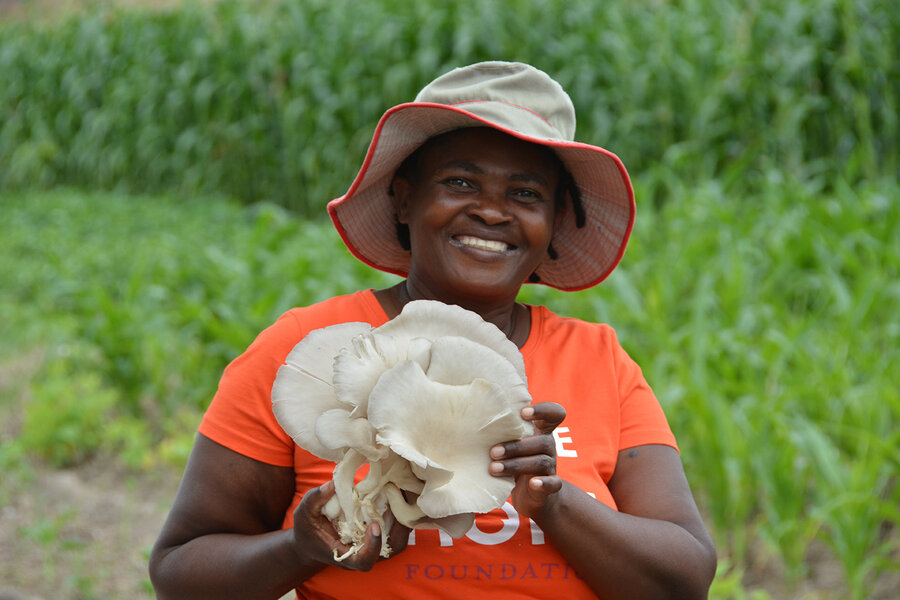Mushroom farming is quickly becoming one of the most lucrative agricultural activities in Africa. The continent is home to a wide variety of mushrooms, and the demand for these fungi is growing rapidly.
In recent years, mushroom farming has become a major source of income for many African farmers, and the industry is expected to continue to grow in the coming years.
Mushroom farming is a relatively low-cost agricultural activity, and it can be done on a small scale. This makes it an attractive option for many African farmers who often lack access to large-scale agricultural operations. Additionally, mushrooms can be grown in a variety of climates and soils, making them suitable for many different parts of the continent.
The demand for mushrooms in Africa is growing rapidly. According to a recent report from the United Nations Food and Agriculture Organization (FAO), the continent’s mushroom production is expected to increase by more than 50 percent over the next five years. This growth is being driven by a number of factors, including rising incomes, urbanization, and the increasing popularity of mushrooms as a healthy and nutritious food source.
The potential for profit in mushroom farming is also attractive to African farmers. Mushroom farming occupies a hot spot in the global food industry. The global mushroom industry was valued at US$2.1 billion in 2016 and is forecast to reach US$3.5 billion by 2025 (Global Market Insights, April 2018). Mushroom farming is now a multi-billion dollar business in Africa.
In Kenya, the mushroom industry is estimated to be worth KES 7.5 billion and is expected to grow exponentially in the coming years. Mushrooms are the fastest-growing natural protein source in the world, and there is significant potential for mushroom farming in Africa.
*The views of the above article are those of the author and do not necessarily reflect the views of Africa Speaks 4 Africa or its editorial team.




